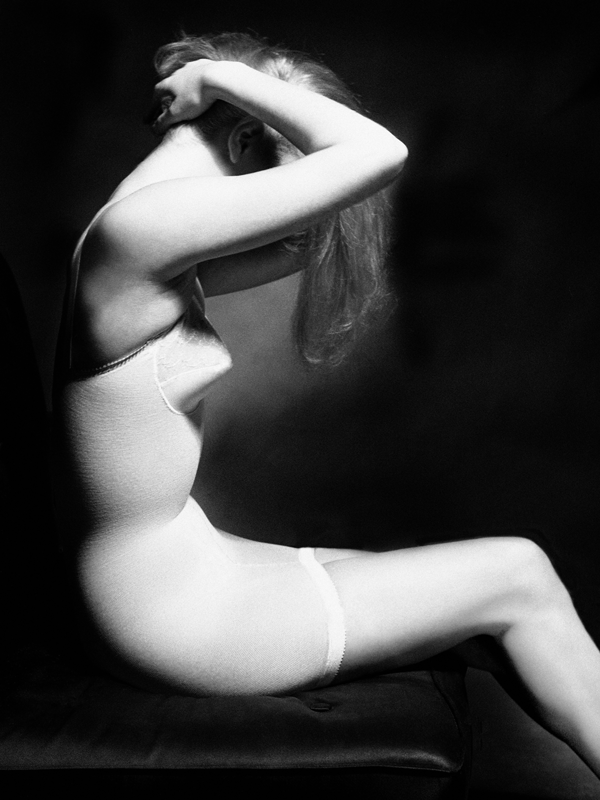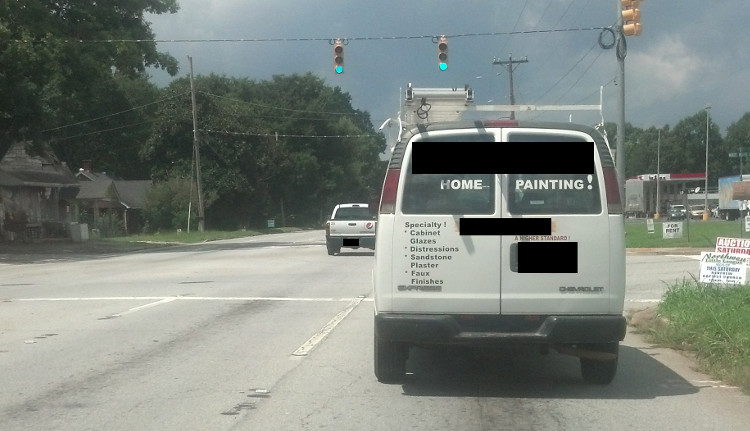–Interview by Diana Clarke
Arielle Greenberg sees clothing as costume change, a way to perform for the world the identities we inhabit and move between:“ teacher, parent, activist, poet, sex kitten.” In January, PANK ran excerpts from Greenberg’s forthcoming book, Locally Made Panties. Below, she talks people-watching, punk, Buddhism, and George Saunders.
1. How do you, as a person—not a writer, or not only as a writer—engage with fashion and performance when you go out into the world? That is, how do you decide what, actually, to wear?
Oh, I love this question! The truth is, there’s probably some kind of algebraic formula which I’ve never quite figured out, a combination of factors that determine various parameters, eliminate certain choices, etc. Probably the primary factor is weather: I live in a place with four distinct seasons, and so the first question is always how cold or hot is it going to be. I check the weather on my phone. Is it going to rain or snow?
From there, I can make decisions like “wear those black wool leggings, and find a sweater that looks good with those.” A second factor is what’s on the schedule for the day: sometimes I’m running errands with kids, sometimes I have to look professional, sometimes I’m sitting at my desk all day, sometimes I’m going out on a date later. These things determine if I’m going to wear something that needs to be dry-cleaned (which are generally only broken out for interviews and special occasions) or if I can show a lot of cleavage or what have you. Probably the third factor on the list is how I’m feeling about my body, which is highly influenced by where I am in my cycle. I can almost guarantee that if I’m wearing a form-fitting little dress and heels, I’m about to ovulate, and if I’m in a big comfy sweater and dark stretchy leggings, my period’s about to arrive. Continue reading
![[PANK]](https://pankmagazine.com/wp-content/themes/pank/assets/images/pank-logo-large.png)



